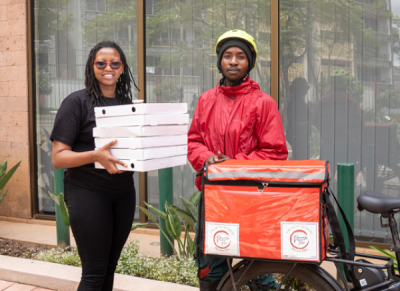Digital transformation is a key pillar of President William Ruto's government, with efforts underway to digitize various sectors across the country. However, one crucial area remains untouched: the identification system. This has once again sparked resistance from the Kenyan population.
Maisha Namba, the digital identification system planned by the Kenyan government, will not see its anticipated launch this year due to a recent decision by the High Court of Kenya. The court has ordered a halt to the system's rollout, citing the absence of a data protection impact assessment.
The court's decision imposes a stay on the implementation or further progression of the government's November 1, 2023, resolution to deploy or pilot Maisha Namba, encompassing the digital card, unique personal identifier, and a national population register. This pause is mandated until a comprehensive data protection impact assessment is conducted, as stipulated in section 31 of the Data Protection Act, according to the High Court.
This legal development follows a petition filed by civil society groups, including the Katiba Institute, the Nubian Rights Forum, the Kenya Human Rights Commission, and the Coalition of Human Rights Defenders. The petitioners argue that the biometric and biographical data collected during registration were obtained unlawfully, and the government lacks a legal foundation for the digital identity system. Additionally, concerns are raised about data protection, the exclusion of many Kenyans from the system, and the expeditious rollout scheduled for this December.
This marks the second instance where the High Court has intervened to suspend the deployment of a digital identification system in the country. The previous system, Huduma Namba, initiated by former president Uhuru Kenyatta, faced similar criticisms and suspension on the same grounds.
The court emphasizes that any implementation of the system must await the completion of a data protection impact assessment, as outlined in Article 31. This article governs the collection, storage, use, and sharing of personal information, with a particular emphasis on safeguarding privacy and personal security.
Samira Njoya



















